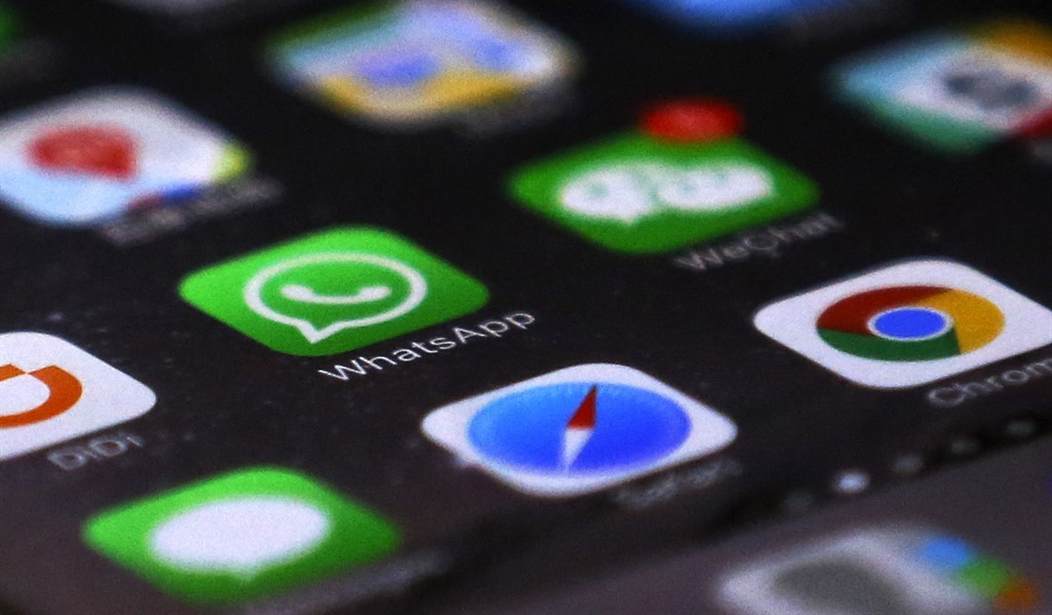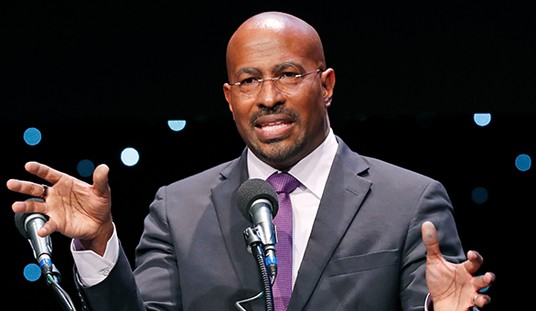CNN’s Brian Stelter scoffs at the notion that deplatforming conservatives is censorship. All the responsible media is doing is protecting fools from themselves. It’s simply a case of “reducing information pollution,” reducing a liar’s reach. Since “freedom of speech is different than freedom of reach” it’s only “harm reduction.”
If whatever-Brian-calls-it is good then why isn’t more of it better? The reason is because the result of restricted speech is often unrestricted secrecy. While secrecy is necessary it can also be abused. Military plans are cloaked in a “bodyguard of lies” and trade secrets are covered by nondisclosure agreements. But in recognition of the possibility of misuse, legal secrets are often time-limited.
Where information exists but censors prevent its release, it is intended to remain secret. In contrast are legal secrets involving a natural cycle of revelation such as sealed indictments and search and arrest warrants, which become known when executed, or an industry confidentiality agreement, which may expire after a few years.
Secrets are about what cannot be seen while censorship is about things that one cannot acknowledge as possible. Trouble often arises when censorship is put at the service of secrecy and political expedience. Since history repeatedly shows restrictions on speech are often the handmaid of tyranny, some societies prefer to accept some proliferation of “information pollution” as the necessary price of preventing excessive secrecy. They would rather risk the former than the latter.
As Roger Simon points out, censors can sometimes screen the truth. For example, the utility of hydroxychloroquine (HCQ) in certain settings is apparently real, despite being pooh-pooed as quackery by the media.
This was known way back in June 2020 when the esteemed British medical journal Lancet retracted its support of a dubious study it had published opposing the use of HCQ.
“We all entered this collaboration to contribute in good faith and at a time of great need during the COVID-19 pandemic. We deeply apologise to you, the editors, and the journal readership for any embarrassment or inconvenience that this may have caused.”…
And now the equally-esteemed American Journal of Medicine in its January 2021 edition has finally admitted the same thing. HCQ often worked. Immediate administration of the drug while the patient was still at home showed significant benefits, they said.
Where were they during the Year of the Pandemic?
“Where were they during the Year of the Pandemic?” Possibly avoiding controversy, as many scientists who abhor the sensational are wont to do. Thus the possible contribution of HCQ to the arsenal of pharmaceuticals was filtered out.
That may not be as important as the other blind spot we have developed. As Jackson Ryan wrote on CNET, the fear of being labeled a conspiratorial nut “has complicated the investigation into the origins of the pandemic.” One simply cannot entertain all the logical possibilities in an inquiry.
Heated exchanges and toxic feuds have flared between scientists online and in the press. Researchers have been harassed, abused and threatened. Many have been reluctant to speak out at all.
Investigating a possible accidental lab leak is a valid line of inquiry. Proponents of the lab leak theory argue that without a full accounting of the work performed at the WIV we may never truly know where the coronavirus came from — and that could stifle our efforts to prevent the emergence of the next pandemic…
The WHO’s investigative team, which was set to descend on China in January before the country blocked the team’s entry, is tasked with uncovering them. … The most contentious scientist on the team is Peter Daszak. … a collaborator of over 15 years with the WIV’s Shi Zhengli, helping fund research and surveilling bat coronaviruses in China …
Rowan Jacobsen, a freelance journalist who has investigated the leak theory, said it was like “having Donald Trump run the investigation of Russian hacking of the 2016 election.” A WHO spokesperson said “all experts participating in WHO expert groups are signing declarations of interest.”
“Those who do speak out for or against the lab leak theory find themselves in the middle of fiery clashes and heated exchanges … One prominent virologist, Angie Rasmussen of Georgetown University, wrote in Nature Medicine that she has experienced threats of violence and sexual assault for debunking misinformation.”
If the result of too much speech is “information pollution,” the outcome of “harm reduction” has been blank spots on our cognitive horizon. A blank spot in perhaps the most important empirical question of the 21st century. There are now some things one can’t say, consider, or explore. Into these declivities all manner of monsters may creep. We may see them coming, but it would be too impolite to mention it.
Books: Lifespan: Why We Age – and Why We Don’t Have To Dr. David Sinclair reveals that everything we think we know about ageing is wrong, and shares the surprising, scientifically-proven methods that can help readers live younger, longer.
Follow Richard Fernandez at Wretchard.com










Join the conversation as a VIP Member